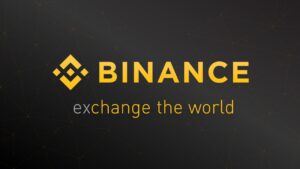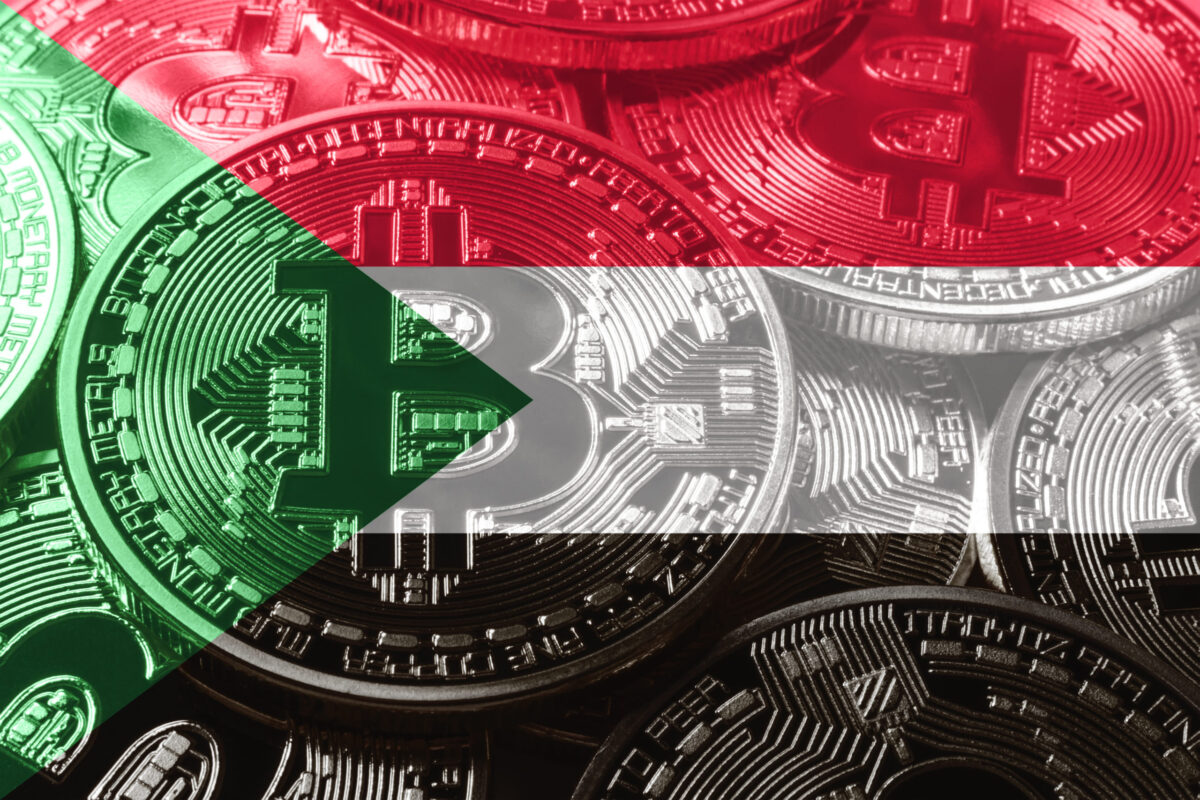Cryptocurrency in Sudan is an emerging market, and despite challenges such as limited access to traditional banking services, many Sudanese are beginning to explore the world of digital currencies. This guide will walk you through the steps of buying cryptocurrencies like Bitcoin (BTC), Ethereum (ETH), and others in Sudan, as well as provide insights into the local landscape.
1. Introduction to Cryptocurrencies
Cryptocurrencies are digital assets that utilize blockchain technology to provide secure, decentralized transactions. Bitcoin (BTC) is the first and most popular cryptocurrency, but many other digital currencies like Ethereum (ETH), Litecoin (LTC), and Ripple (XRP) have gained traction worldwide.
In Sudan, access to cryptocurrencies can be limited due to regulatory challenges, but interest is growing. People use cryptocurrencies for various purposes, including investment, remittances, and as a hedge against local inflation.
2. Regulatory Environment in Sudan
Sudan’s approach to cryptocurrency regulation is still evolving. Historically, Sudan has faced restrictions on financial transactions due to sanctions and other political challenges. In recent years, the Sudanese government has shown interest in digital financial services, but it has not yet fully embraced cryptocurrency regulation.
The lack of clear regulations around cryptocurrencies means that users should exercise caution and ensure they are complying with any applicable laws. Cryptocurrencies are not yet fully legalized, but many Sudanese residents still participate in the global cryptocurrency market.
3. Best Cryptocurrency Exchanges for Sudan
Due to Sudan’s challenging regulatory environment, access to international cryptocurrency exchanges can be difficult. However, there are a few global exchanges that may be accessible from Sudan, and some peer-to-peer (P2P) platforms that facilitate cryptocurrency trading.
Here are some platforms you can consider:
- Binance: Binance is one of the largest cryptocurrency exchanges in the
 world and may be accessible from Sudan. It offers a wide range of cryptocurrencies and trading pairs. However, check the availability of services in your region before proceeding.
world and may be accessible from Sudan. It offers a wide range of cryptocurrencies and trading pairs. However, check the availability of services in your region before proceeding. - LocalBitcoins: LocalBitcoins is a peer-to-peer exchange that connects buyers and sellers directly. You can find Sudanese traders who are willing to buy or sell Bitcoin and other cryptocurrencies. This method is often more flexible for users in countries with limited access to centralized exchanges.
- Paxful: Paxful is another popular P2P exchange where users can buy and sell Bitcoin using a variety of payment methods. It allows Sudanese users to trade crypto in a secure environment, offering multiple payment options like bank transfers, gift cards, and more.
4. Payment Methods in Sudan
The payment methods available to buy cryptocurrencies in Sudan may be limited due to the lack of access to international banking systems. However, P2P platforms like LocalBitcoins and Paxful offer alternative payment options that may be suitable for users in Sudan.
Here are the most common payment methods:
- Bank Transfers: Some exchanges may accept international bank transfers, but this can be challenging due to sanctions and limited access to global banking services in Sudan.
- Cash Deposits: P2P platforms like LocalBitcoins and Paxful may allow cash deposits or in-person exchanges, which could be a more accessible method for Sudanese users.
- Gift Cards: Some P2P platforms accept gift cards from retailers like Amazon or iTunes as payment for Bitcoin or other cryptocurrencies.
- Mobile Payments: In some regions, mobile payment systems can be used to buy cryptocurrencies. This depends on the availability of local payment systems supported by P2P platforms.
5. How to Buy Cryptocurrency in Sudan
Here’s a simple step-by-step guide to help you buy cryptocurrencies in Sudan:
- Choose a Platform: Choose a P2P exchange like LocalBitcoins or Paxful, or check if larger exchanges like Binance support users in Sudan.
- Create an Account: Sign up for an account on your chosen platform. You will need to provide an email address and create a password.
- Verify Your Identity: Depending on the platform, you may need to verify your identity (KYC). P2P platforms usually require less verification compared to centralized exchanges.
- Deposit Funds: Choose your payment method, such as bank transfer, gift cards, or cash deposits. Fund your account using your preferred method.
- Buy Cryptocurrency: Once your account is funded, select the cryptocurrency you want to buy (e.g., Bitcoin, Ethereum) and place an order. Follow the platform’s instructions to complete the transaction.
- Secure Your Cryptocurrency: After purchasing cryptocurrency, consider transferring it to a private wallet for added security. You can use a hardware wallet like Ledger or Trezor or a software wallet like Trust Wallet.
6. Storing Your Cryptocurrency Securely
Once you purchase cryptocurrency, it is important to store it securely. There are different types of wallets you can use:
- Hardware Wallets: Hardware wallets, such as Ledger or Trezor, store your cryptocurrency offline, making them more secure from hacking.
- Software Wallets: Software wallets like Exodus or Trust Wallet are apps you can install on your smartphone or computer to store your cryptocurrency securely.
- Exchange Wallets: While exchanges offer wallets for storing your crypto, it’s safer to transfer your funds to a private wallet for long-term storage.
7. Avoiding Scams and Fraud
The cryptocurrency market can be risky, and it’s important to take precautions to avoid scams and fraud. Here are some tips:
- Use Trusted Platforms: Stick to well-known and reputable platforms like Binance, LocalBitcoins, and Paxful.
- Check Reviews: Research the platform and read user reviews to ensure it is trustworthy.
- Enable Two-Factor Authentication (2FA): Always use 2FA to add an extra layer of security to your account.
- Be Cautious with Offers: Avoid “too good to be true” offers or investment schemes promising high returns. Scammers often target new crypto users.
8. Tax and Legal Considerations
Cryptocurrency taxation in Sudan is not clearly defined, as the government has not yet implemented specific laws regarding digital currencies. However, it is essential to stay informed about any legal developments and comply with any future regulations.
If you are engaging in cryptocurrency trading or investing, it is advisable to consult with a local legal or tax expert to ensure you are meeting any applicable requirements.
9. The Future of Cryptocurrencies in Sudan
Cryptocurrency adoption in Sudan is still in its early stages, but the potential for growth is significant. As more Sudanese individuals explore digital currencies for investment and remittances, it is likely that the demand for cryptocurrencies will increase. However, regulatory uncertainty and limited access to financial services remain challenges.
In the coming years, Sudan may see more crypto-friendly regulations, increased access to international exchanges, and the development of local cryptocurrency initiatives.
Final Thoughts
Buying cryptocurrencies in Sudan can be a challenge due to limited access to international exchanges and banking systems. However, P2P platforms like LocalBitcoins and Paxful offer a viable alternative for Sudanese users. By following the steps outlined in this guide and taking necessary precautions, you can safely and securely buy, store, and trade cryptocurrencies in Sudan.
Stay informed, secure your assets, and be cautious when participating in the crypto market.
